In autumn 1973, in response to the Yom Kippur War, Arab oil-producing states slashed their production and quadrupled oil prices, causing a market uproar. Heavily dependent on these imports, Germany faced unprecedented daily life restrictions. On November 25, 1973, and three subsequent Sundays, a driving ban was enforced for the majority of the population. The ifo Institute published proposals for energy planning.
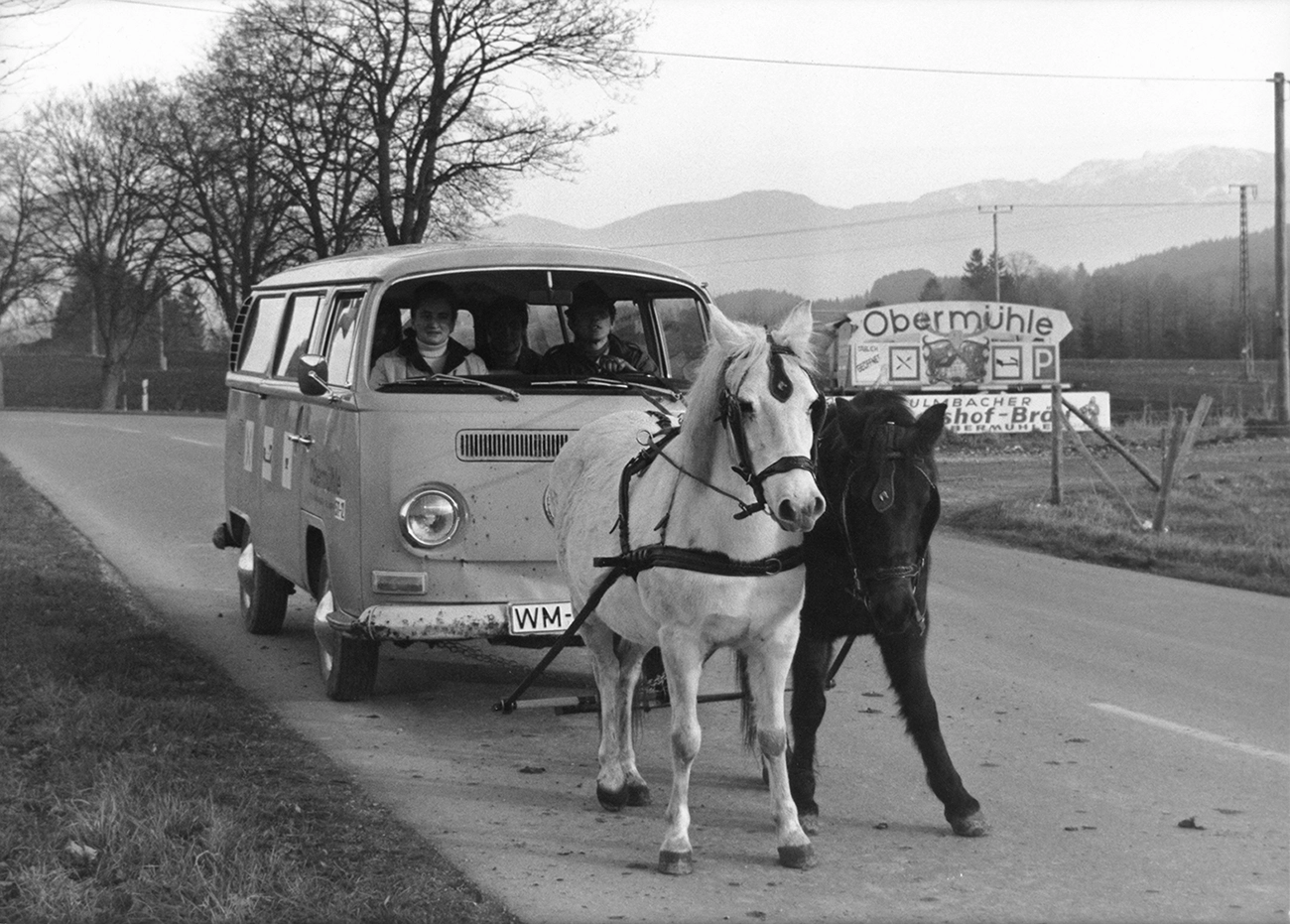
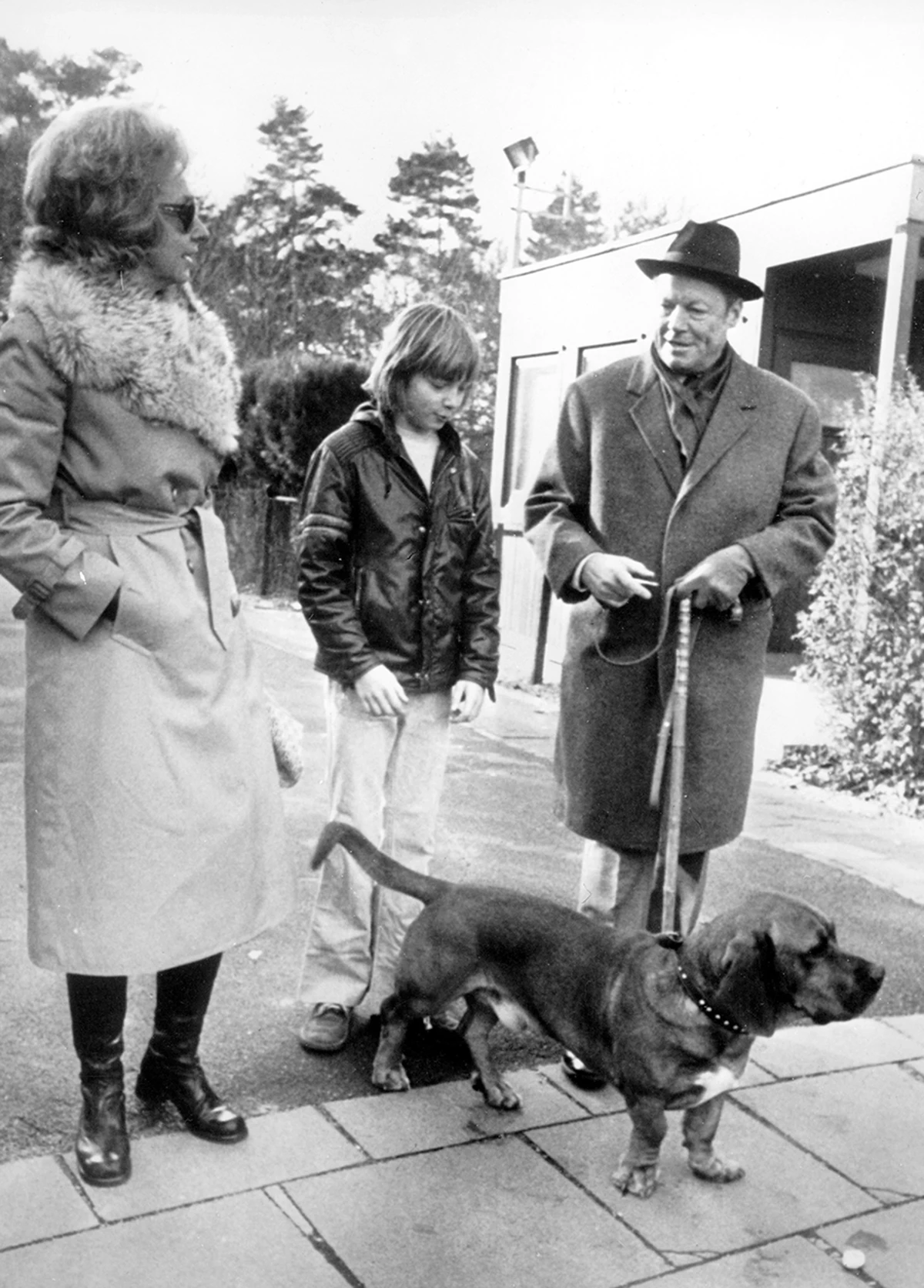
The Middle East Conflict and the Oil Embargo
On October 6, 1973, Egypt and Syria attacked Israel on the Jewish holiday of Yom Kippur. With American military aid, Israel narrowly averted defeat. International pressure from the USA, Soviet Union, and UN led to a ceasefire by late October, which was met with confusion by Arab oil states. Viewing Western support for Israel as biased, they leveraged their oil reserves to advocate for Palestinian rights.
On October 16, Gulf countries agreed to hike the price of “Arabian Light” crude oil by 70%, prompting OPEC members to follow suit. A limited supply boycott came into effect on October 17, accompanied by a 5% monthly production cut. The embargo targeted the USA and the Netherlands, with Rotterdam being a pivotal hub in European oil trade.
Oil constituted the primary energy source for Western industrial nations, with demand steadily rising. In West Germany alone, 55% of energy needs were met by imported crude oil, 75% of which came from Arab nations. The oil crisis swiftly drove up prices for heating oil and gasoline, prompting government austerity measures. Federal agencies were instructed to reduce heating and lighting usage, and a speed limit was imposed on federal vehicles. However, the public resisted reducing their mobility, and fuel consumption did not decline as expected.
The Next Steps
In early November 1973, Chancellor Willy Brandt swiftly enacted the Energy Security Act, allowing for restricted vehicle use based on location, time, route, speed, and necessity. This legislation paved the way for car-free Sundays initially planned for November and December. Additionally, speed limits of 100 km/h on highways and 80 km/h on rural roads were established, with exemptions granted to essential services such as police officers, doctors, florists, journalists, and taxi drivers.
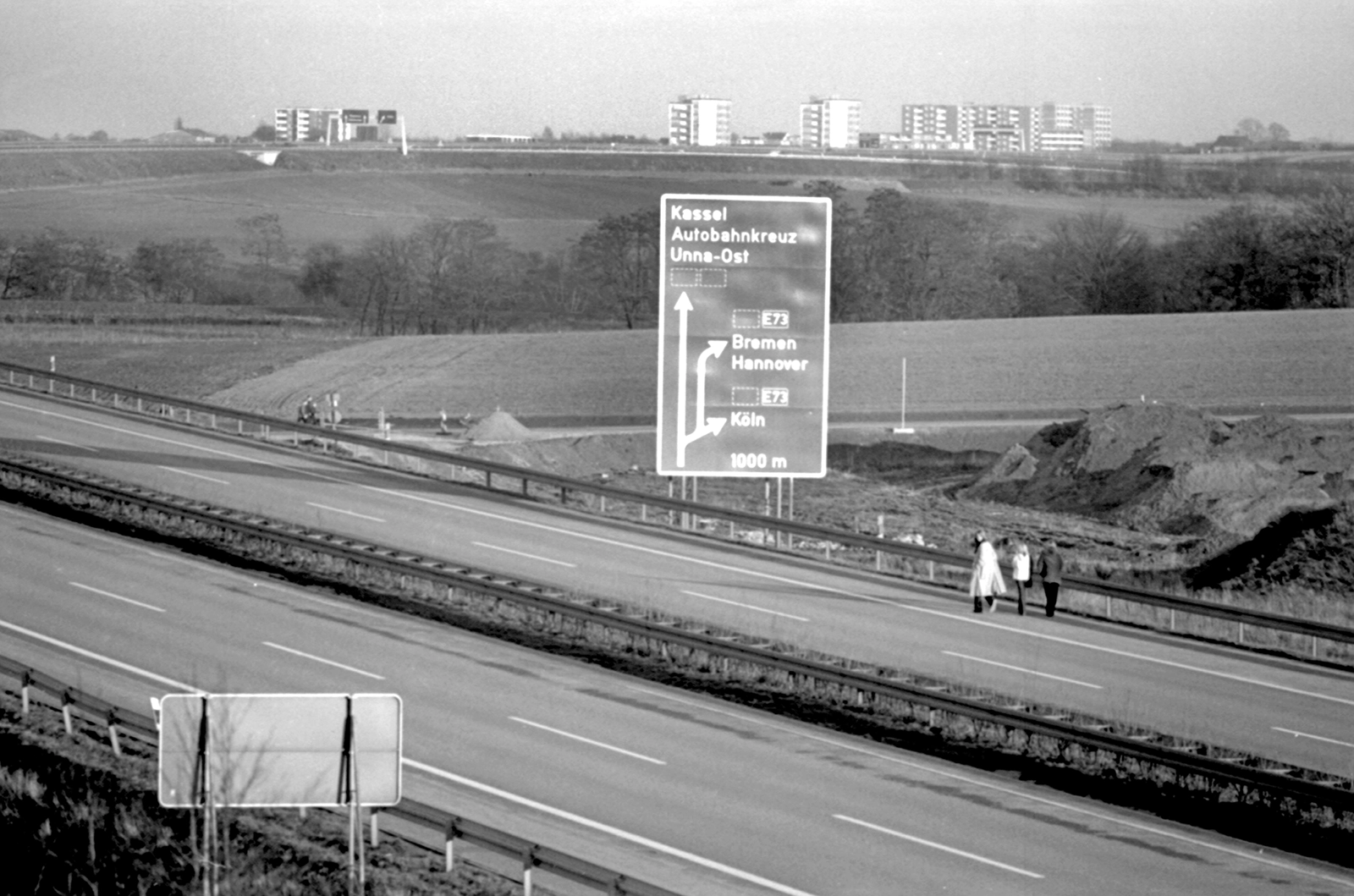
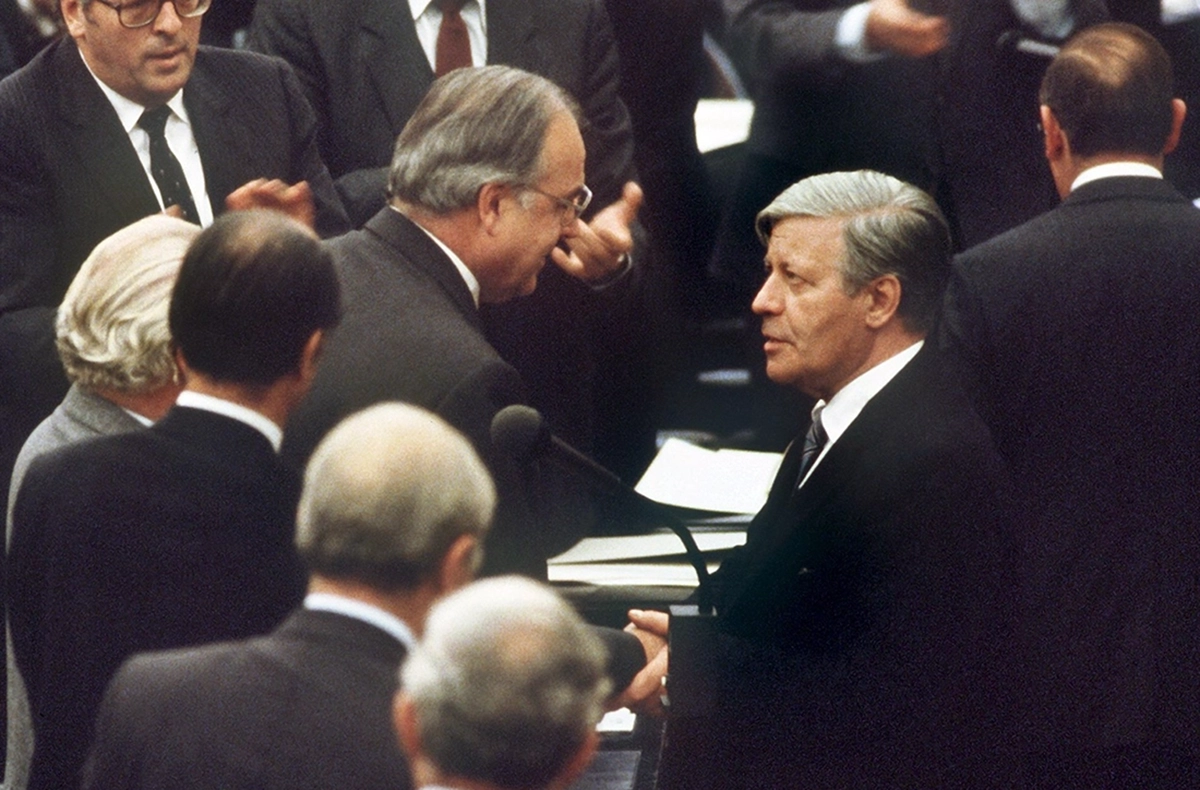
ifo Institute Addresses Dependencies
Even before the outbreak of the Yom Kippur War in August 1973, the ifo Institute had highlighted Western industrial states’ vulnerability to oil imports and the resulting economic risks. Hildegard Harlander from the ifo Institute detailed West Germany’s dependence on oil imports and explored prospects for new energy sources in a paper. She had also extensively engaged with the Club of Rome’s 1972 study “The Limits to Growth,” advocating for energy planning that considered ecological sustainability and set energy-saving targets.
Conclusion of the Oil Wars – and the End of Germany’s Economic Miracle
By late 1973, tensions in the Middle East had eased, leading OAPEC states to ramp up oil production while maintaining higher prices. Germany scrapped plans for a 1974 driving ban, and speed limits were lifted by March. Despite these moves, the German economy grappled with the aftermath of the oil crisis. In 1974, the Federal Republic spent 23 billion Deutsche Marks (DM) on oil imports, a 153% increase from the previous year. Car sales plummeted, leading to reduced hours in the automotive industry and similar downturns in the construction materials sector, chemical industry, and iron and steel production. Unemployment surpassed one million by 1975.
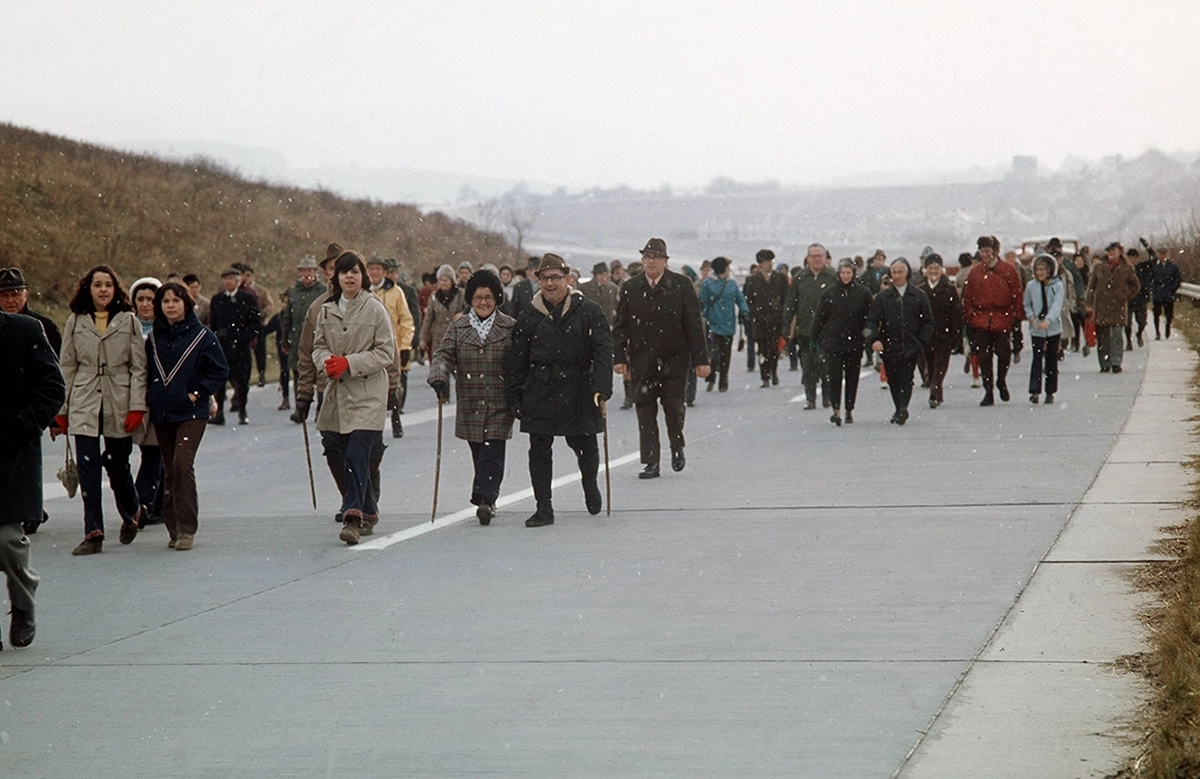
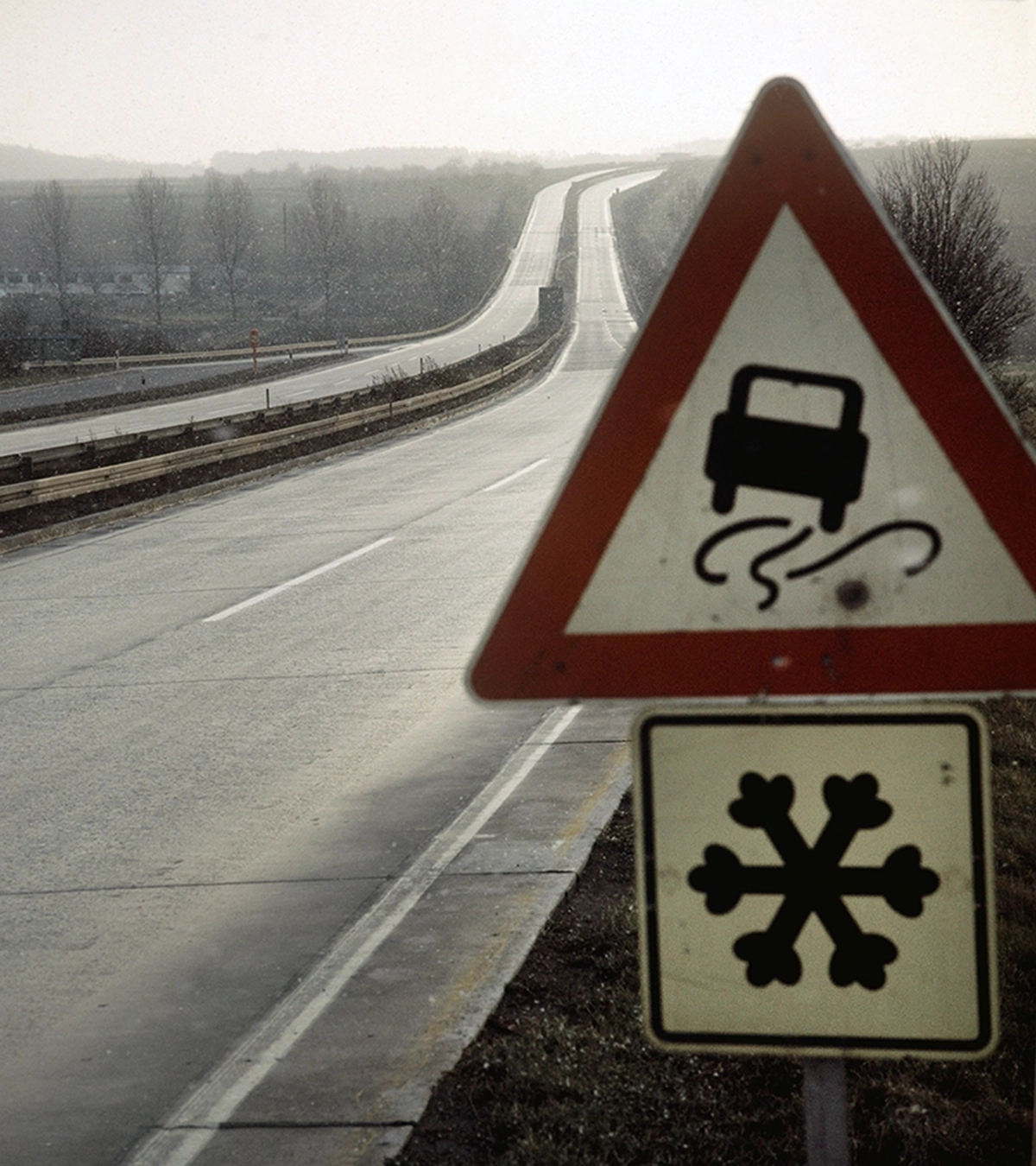
The Second Oil Crisis and Political Change
After Shah Reza Pahlavi’s ousting in January 1979, Iran transformed into an Islamic Republic under Ayatollah Khomeini, triggering another oil crisis. Production shortfalls drove crude oil prices to DM 619 per ton by 1981, with energy imports consuming 4.85% of GDP. Germany slid into recession, seeing over 2 million unemployed for the first time in 1983. Rising prices prompted cuts to social welfare programs, with the SPD-FDP government in 1982 increasing social security contributions, reducing benefits, and restricting access to unemployment benefits. Child benefits for the second and third child were also reduced by DM 20 each. The FDP advocated further cuts to social welfare to address economic woes, with Economics Minister Otto Graf Lambsdorff and Foreign Minister Hans-Dietrich Genscher pushing for reduced state intervention in market affairs. In autumn 1982, the Liberals aligned closely with the CDU. On October 1, Chancellor Helmut Schmidt lost office in a constructive vote of no confidence, leading the Union parties, with FDP support, to elect CDU leader Helmut Kohl as the new Chancellor. Fresh elections were scheduled for March 1983, resulting in a CDU/CSU-FDP coalition securing a strong majority.